Individual Therapy
Sessions are held in an office with a warm and welcoming environment. I loves to laugh and hopes in each session that you feel comfortable and heard.
The modes of therapy that Dave leans on heavily in individual therapy are Self-Compassion, Internal Family Systems (IFS), and Cognitive Behavioral Therapy (CBT).
Self-Compassion work was developed out by Dr. Kristen Neff and has become a personally life changing approach for me as well as a favorite in working with clients. Self-Compassion work digs deep into how we treat ourselves and if that is getting us closer to the life we desire or further from it. Self-Compassion isn’t free passes, selfishness, and always letting oneself off the hook. Rather, it is deep reflection on what we need at our core and how to best get us to the goals we have for ourselves. I find most clients have a strong inner critic and they fear if they stop being so critical all the time they will become unproductive, lazy, and slowly their world will fall apart. I also find that most clients find the opposite to be true when they learn some of these skills and enact them in their daily lives.
IFS is another wonderful form of therapy designed to identify all the different internal parts of each of us. Many of us have a part inside called a “overactive fireperson” who freaks out every hint of something going wrong. Or, a “manager” who is always internally reminding us of what we “should” be doing. There are many parts we all share, and many that are unique to each individual. IFS tries to identify the parts, understand those parts (what they think their job is, what they are afraid of, and if they work how they say they will), which brings them to our awareness. Awareness is always the first step of good counseling. Bringing emotions, ideas, etc. from the unconscious to the conscious. Then, when we are aware of our internal parts, we learn how to conduct them. They are the orchestra, you are the conductor and you learn to guide them about how/when they show up and when it is time for them to clock out.
Cognitive-Behavioral Therapy (CBT) focuses on three main areas (thoughts, feelings, and behaviors). Imagine your life as a cup filled with water to the point of surface tension. Our goal is to identify thoughts, feelings, or behaviors (areas we have the power to change) that will essentially displace the water in the cup (changing the entire system). I firmly believe that little changes can make a huge impact. CBT is the most widely used modality in therapy, and has significant research backing it's validity.
I look forward to having the chance to hear a bit of your story!


